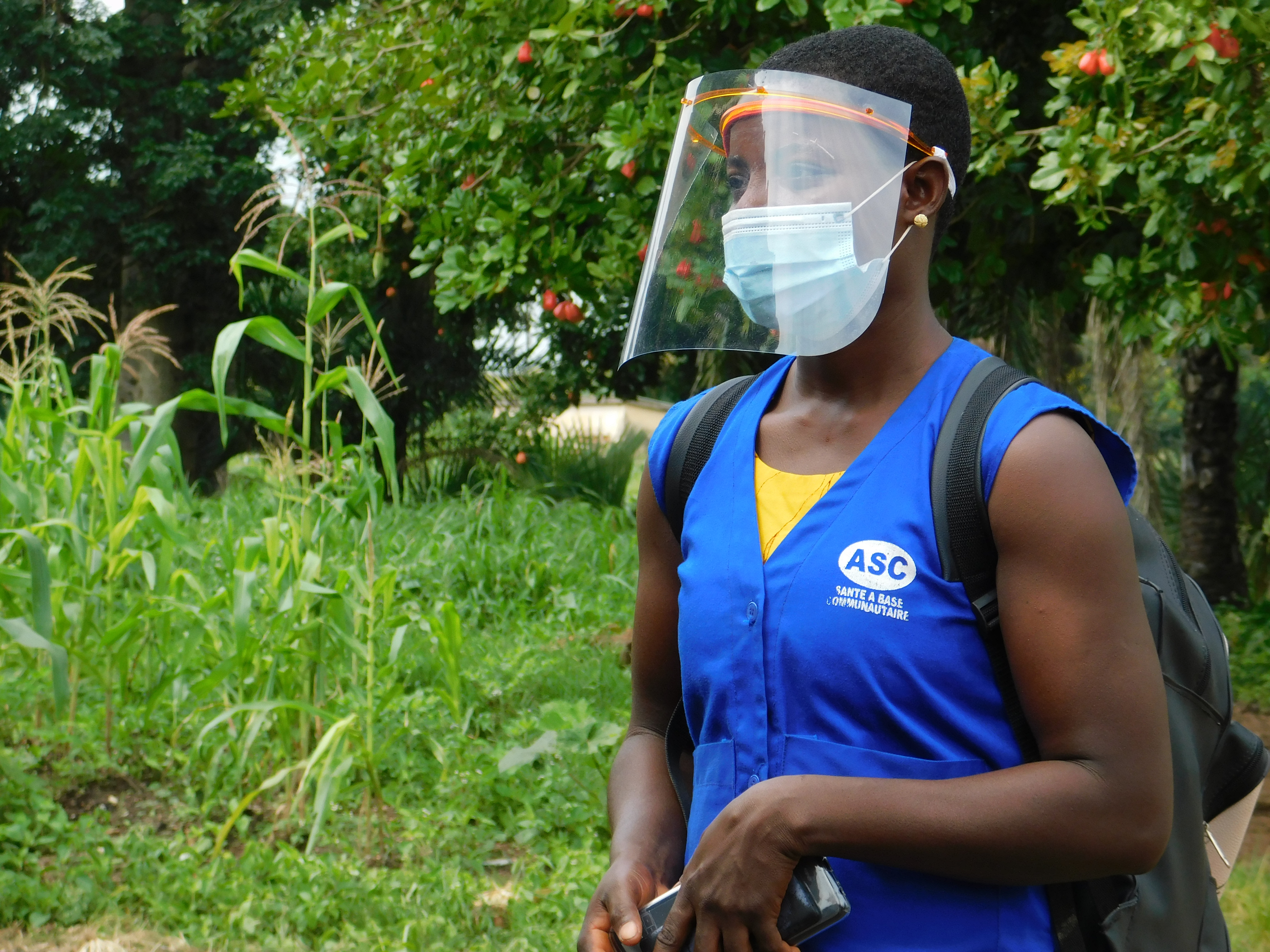Integrate Health’s Togo team introduces a new hiring policy to hire more women
Women make up 70% of the health workforce globally, but only 25% of leadership roles. Integrate Health believes this is a missed opportunity. By not including women in designing and running health systems, we are ignoring extraordinary expertise needed to achieve health for all.
Over 90% of Integrate Health’s Community Health Workers are women. This is a result of an intentional decision to prioritize women in the recruitment process in response to dramatic underrepresentation of women in the Togolese workforce. With this success, Integrate Health has decided to formalize this policy organization-wide.

Since June, Integrate Health’s human resources team has developed a new hiring policy to actively engage in hiring more women throughout the organization. The policy outlines changes at each stage of the hiring process to make the system more accessible to women. In the recruitment stage, Integrate Health now reaches out specifically to women-led organizations, women’s associations, universities, and professional schools. Each job posting states that women are strongly encouraged to apply. At the interview phase, each group of shortlisted candidates must include at least 50% women, and each hiring panel must be at least 50% women.
In addition to these internal policy changes, Integrate Health is piloting an internship program in collaboration with universities and professional schools throughout Togo in order to build a network of women with the interest and skills to join the health workforce.
We are already beginning to see progress. Since June 2020 when the policy was implemented, Integrate Health has increased the number of women in administrative roles from 23% to 33%. But we can always do more. Today 20% of Integrate Health’s senior leadership team are women, and we aim to increase that to 25% by 2021 and 50% by 2025.
Integrate Health believes that healthcare provides a game-changing leadership opportunity for women. Not only can they lead health innovation and education within their communities, but they can also fundamentally change national and global health systems for the better.
